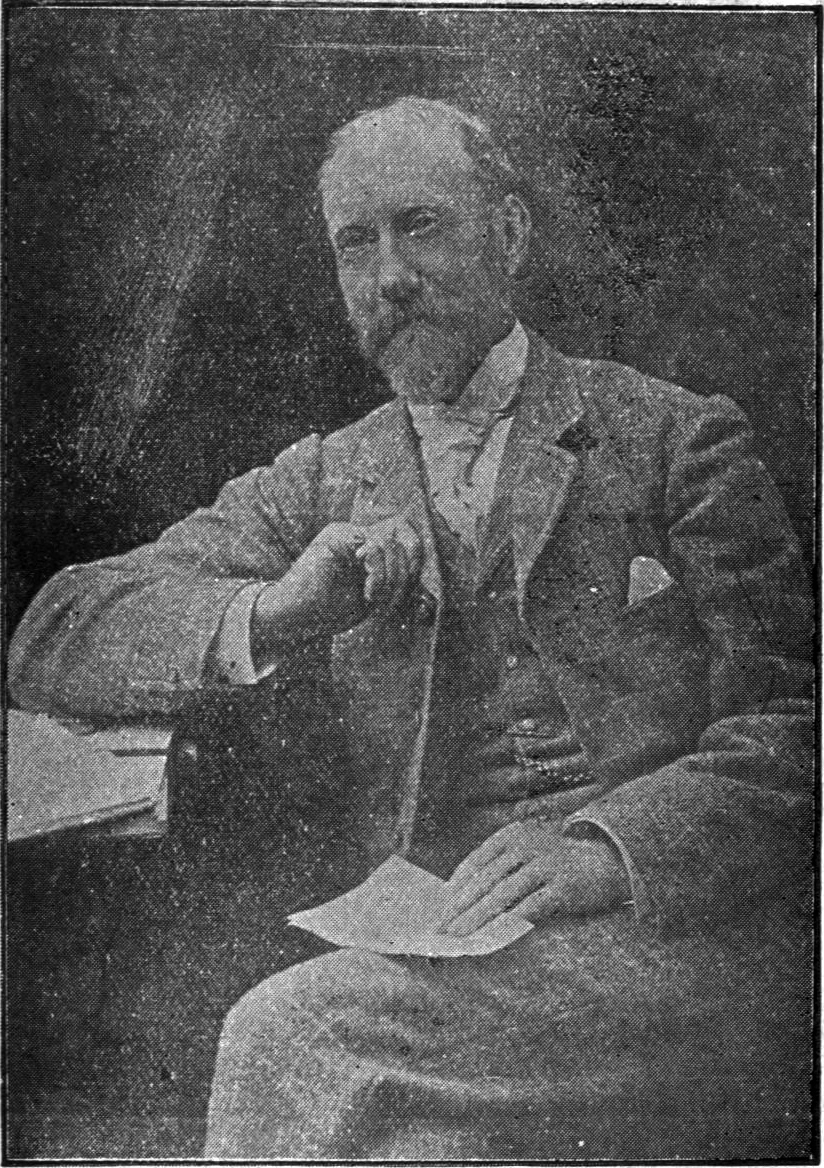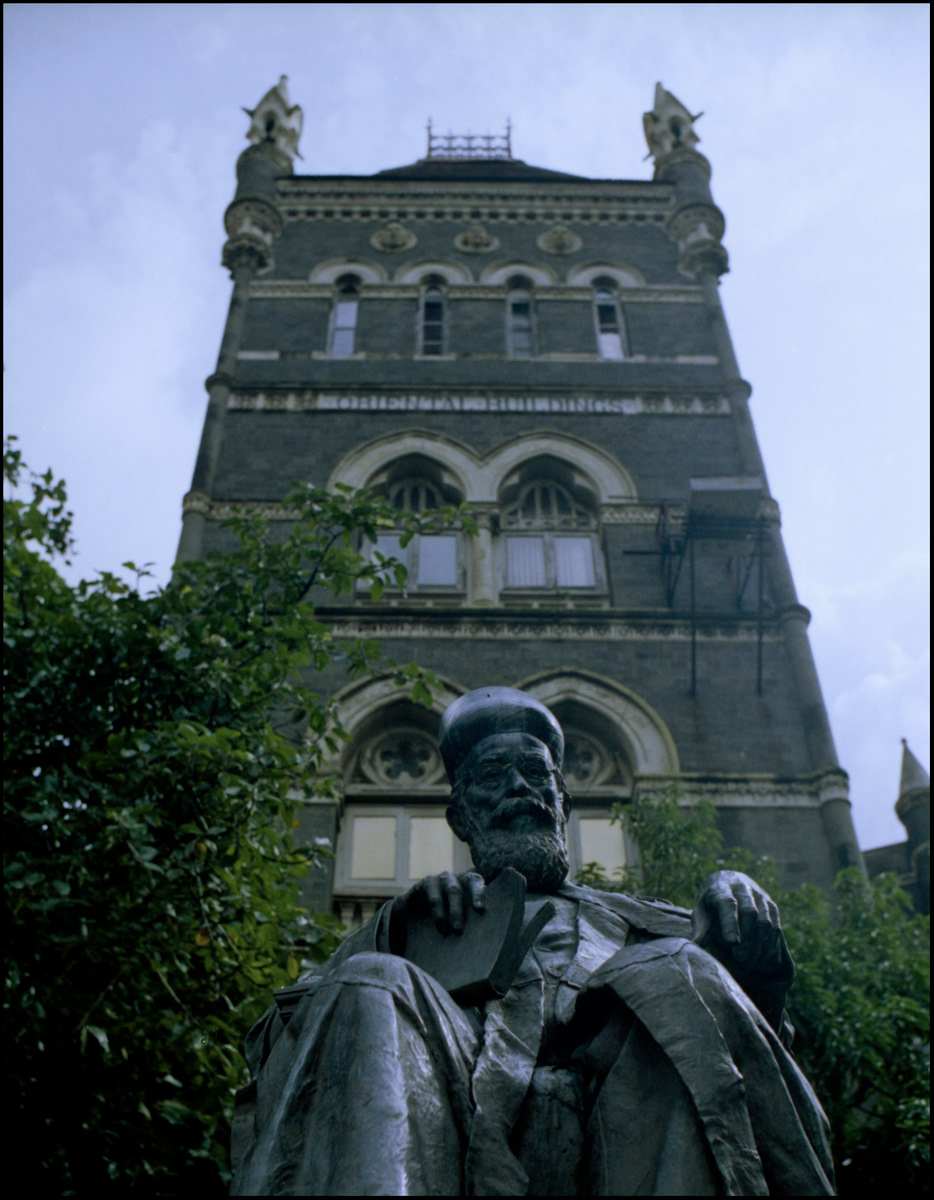|
Welby Commission
The Welby Commission was a group set up by the British Government to investigate wasteful spending in India. Established in 1895, its official name was the Royal Commission on the Administration of Expenditure of India. The Commission membership included: Welby (1832-1915) Chaman (1859-1925) and T.R. Buchanan as Parliamentary representatives, and William Wedderburn (1838-1918), Dadabhai Naoroji (1825-1917), and William S. Caine (1842-1903) as representatives of Indian interests. G.K. Gokhale and Dinsha Wacha deposed before the commission in 1897. The Commission's 1900 report called for the British House of Commons to insure impartiality of financial arrangements. English costs were not to be relieved at the expense of Indian revenues. India, as a member of the British Empire, was to be prepared to provide support. The India Office The India Office was a British government department established in London in 1858 to oversee the administration, through a Viceroy an ... [...More Info...] [...Related Items...] OR: [Wikipedia] [Google] [Baidu] |
Reginald Welby, 1st Baron Welby
Reginald Earle Welby, 1st Baron Welby Order of the Bath, GCB, Her Majesty's Most Honourable Privy Council, PC (3 August 1832 – 30 October 1915) was a British peerage, peer, former Permanent Secretary to the Treasury and former President of the Royal Statistical Society. Early life and education Born in his father's rectory at Harston in Leicestershire, he was the seventh child of the Reverend John Earle Welby (1786–1867), a younger son of Sir William Earle Welby, 1st Baronet. His mother was Felicia Elizabetha Hole (1797–1888), the daughter of the Reverend Humphrey Aram Hole (1763–1814) and his wife Sarah Horne (1775–1853), daughter of George Horne (bishop), George Horne, Bishop of Norwich. His younger sister, Felicia Elizabetha Welby (1835–1927), became the wife of Montague Bertie, 11th Earl of Lindsey. Welby was educated at Eton College where he became known amongst his friends as a "great footballer". He then went up to Trinity College, Cambridge, hoping for a caree ... [...More Info...] [...Related Items...] OR: [Wikipedia] [Google] [Baidu] |
William Wedderburn
Sir William Wedderburn, 4th Baronet, JP DL (25 March 1838 – 25 January 1918) was a British civil servant and politician who was a Liberal Party member of Parliament (MP). Wedderburn was one of the founding members of the Indian National Congress. He was also the president of Congress in 1889 and 1910, Allahabad session Early life William Wedderburn was born in Edinburgh, the fourth and youngest son of Sir John Wedderburn, 2nd Baronet and Henrietta Louise Milburn. His grandfather, Sir David, had had the title of the Wedderburn baronetcy restored to the family, following the attainder after the Jacobite rising of 1745 and the subsequent regain of fortune via the slave sugar plantations of Jamaica. William was educated at Hofwyl Workshop, then Loretto School and finally at Edinburgh University. He joined the Indian Civil Service as his father and an older brother had done. His older brother John had been killed in the 1857 uprising and William joined the service in 1860 ... [...More Info...] [...Related Items...] OR: [Wikipedia] [Google] [Baidu] |
Dadabhai Naoroji
Dadabhai Naoroji (4 September 1825 – 30 June 1917) also known as the "Grand Old Man of India" and "Unofficial Ambassador of India", was an Indian political leader, merchant, scholar and writer who served as 2nd, 9th, and 22nd President of the Indian National Congress from 1886 to 1887, 1893 to 1894 and 1906 to 1907. He was a Liberal Party Member of Parliament in the British House of Commons, representing Finsbury Central between 1892 and 1895. He was the second person of Asian descent to be a British MP, the first being Anglo-Indian MP David Ochterlony Dyce Sombre, who was disenfranchised for corruption after nine months in office. His book ''Poverty and Un-British Rule in India'' brought attention to his theory of the Indian "wealth drain" into Britain. He was also a member of the Second International along with Kautsky and Plekhanov. In 2014, Deputy Prime Minister Nick Clegg inaugurated the Dadabhai Naoroji Awards for services to UK-India relations. India Post depicted ... [...More Info...] [...Related Items...] OR: [Wikipedia] [Google] [Baidu] |
William Caine (Hong Kong)
William Caine (17 March 1799 – 19 September 1871) was the first head of the Hong Kong Police Force (1841–1844 as Chief Magistrate), Colonial Secretary of Hong Kong from 1846 to 1854. He attained the rank of Lieutenant Colonel prior to his secretary appointment. Caine was also the acting Governor of Hong Kong between May and September 1859. Biography Captain Caine was born in Maynooth, Ireland, on 17 March 1799. He served in the British Army's 26th (Cameronian) Regiment of Foot during the Peninsular War against Napoleon in Spain. His regiment was later transferred to Hong Kong and he began his long association with the colony. Caine was Chief Magistrate, the head of pre- Hong Kong Police Force from 1841 to 1844. The then Major Caine was appointed Colonial Secretary and Auditor General from 1846 to 1854. His role was considerably diminished after the arrival in 1849 of the new governor Sir John Bowring who stamped his authority on Hong Kong after his power struggle with ... [...More Info...] [...Related Items...] OR: [Wikipedia] [Google] [Baidu] |
Dinshaw Edulji Wacha
Sir Dinshaw Edulji Wacha (2 August 1844 – 18 February 1936) was a Parsi politician from Bombay. He was one of the founding members of the Indian National Congress. Wacha was also the president of the Congress in 1901. Wacha was associated with the cotton industry and was the President of the Indian Merchants' Chamber in 1915. He was knighted in 1917. Sir Dinshaw was a member of the Bombay Legislative Council, the Imperial Legislative Council and the Council of State. He headed the Western India Liberal Association from 1919 to 1927. Wacha lamented the lack of dedicated leaders who were willing to devote to Congress's political goals. He observed how many figures, such as Pherozeshah Mehta, who would have made capable leaders, eschewed total alliance with the Congress for fear of damage to their private careers. Despite this lack of support from Indian leaders, Wacha did acknowledge the vital role that the Scotsman, Allan Hume, played in maintaining Congress in between s ... [...More Info...] [...Related Items...] OR: [Wikipedia] [Google] [Baidu] |
House Of Commons
The House of Commons is the name for the elected lower house of the bicameral parliaments of the United Kingdom and Canada. In both of these countries, the Commons holds much more legislative power than the nominally upper house of parliament. The leader of the majority party in the House of Commons by convention becomes the prime minister. Other parliaments have also had a lower house called a "House of Commons". History and naming The House of Commons of the Kingdom of England evolved from an undivided parliament to serve as the voice of the tax-paying subjects of the counties and of the boroughs. Knights of the shire, elected from each county, were usually landowners, while the borough members were often from the merchant classes. These members represented subjects of the Crown who were not Lords Temporal or Spiritual, who themselves sat in the House of Lords. The House of Commons gained its name because it represented communities (''communes''). Since the 19th century, ... [...More Info...] [...Related Items...] OR: [Wikipedia] [Google] [Baidu] |
British Empire
The British Empire was composed of the dominions, colonies, protectorates, mandates, and other territories ruled or administered by the United Kingdom and its predecessor states. It began with the overseas possessions and trading posts established by England between the late 16th and early 18th centuries. At its height it was the largest empire in history and, for over a century, was the foremost global power. By 1913, the British Empire held sway over 412 million people, of the world population at the time, and by 1920, it covered , of the Earth's total land area. As a result, its constitutional, legal, linguistic, and cultural legacy is widespread. At the peak of its power, it was described as "the empire on which the sun never sets", as the Sun was always shining on at least one of its territories. During the Age of Discovery in the 15th and 16th centuries, Portugal and Spain pioneered European exploration of the globe, and in the process established large overse ... [...More Info...] [...Related Items...] OR: [Wikipedia] [Google] [Baidu] |
India Office
The India Office was a British government department established in London in 1858 to oversee the administration, through a Viceroy and other officials, of the Provinces of India. These territories comprised most of the modern-day nations of Indian Subcontinent as well as Yemen and other territories around the Indian Ocean. The department was headed by the Secretary of State for India, a member of the British cabinet, who was formally advised by the Council of India.Kaminsky, 1986. Upon the independence of India in 1947 into the new independent dominion of India of the India Office was closed down. Responsibility for the United Kingdom's relations with the new country was transferred to the Commonwealth Relations Office (formerly the Dominions Office). Origins of the India Office (1600–1858) The East India Company was established in 1600 as a joint-stock company of English merchants who received, by a series of charters, exclusive rights to English trade with the "Indies" ... [...More Info...] [...Related Items...] OR: [Wikipedia] [Google] [Baidu] |
Footnotes
A note is a string of text placed at the bottom of a page in a book or document or at the end of a chapter, volume, or the whole text. The note can provide an author's comments on the main text or citations of a reference work in support of the text. Footnotes are notes at the foot of the page while endnotes are collected under a separate heading at the end of a chapter, volume, or entire work. Unlike footnotes, endnotes have the advantage of not affecting the layout of the main text, but may cause inconvenience to readers who have to move back and forth between the main text and the endnotes. In some editions of the Bible, notes are placed in a narrow column in the middle of each page between two columns of biblical text. Numbering and symbols In English, a footnote or endnote is normally flagged by a superscripted number immediately following that portion of the text the note references, each such footnote being numbered sequentially. Occasionally, a number between brack ... [...More Info...] [...Related Items...] OR: [Wikipedia] [Google] [Baidu] |
Commissions In Colonial India
Commission or commissioning may refer to: Business and contracting * Commission (remuneration), a form of payment to an agent for services rendered ** Commission (art), the purchase or the creation of a piece of art most often on behalf of another * A contract for performance or creation of a specific work * Commissioning, a process or service provided to validate the completeness and accuracy of a project or venture: ** Building commissioning, a quality assurance process during and following building construction ** Project commissioning, a process of assuring that all components of a facility are designed, installed, tested, operated, and maintained according to the requirements of the owner or client Government Civil * A government agency, regulatory agency or statutory authority which operates under the authority of a board of commissioners, including: ** Independent agencies of the United States government *An executive branch of government, often with characteristics of other ... [...More Info...] [...Related Items...] OR: [Wikipedia] [Google] [Baidu] |





